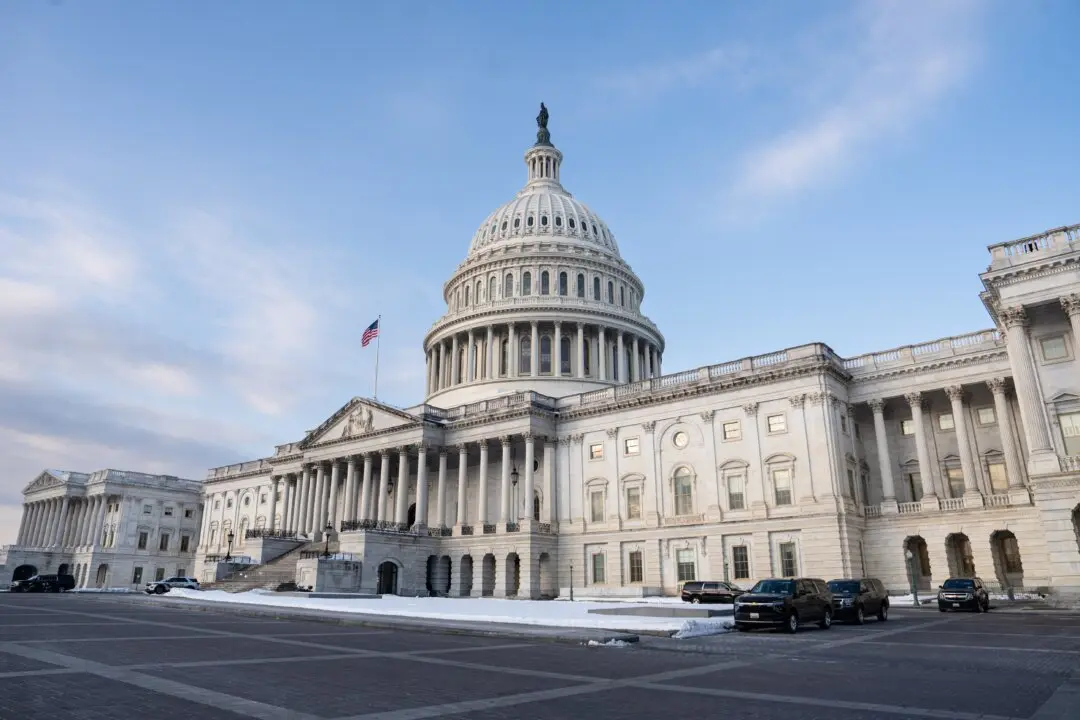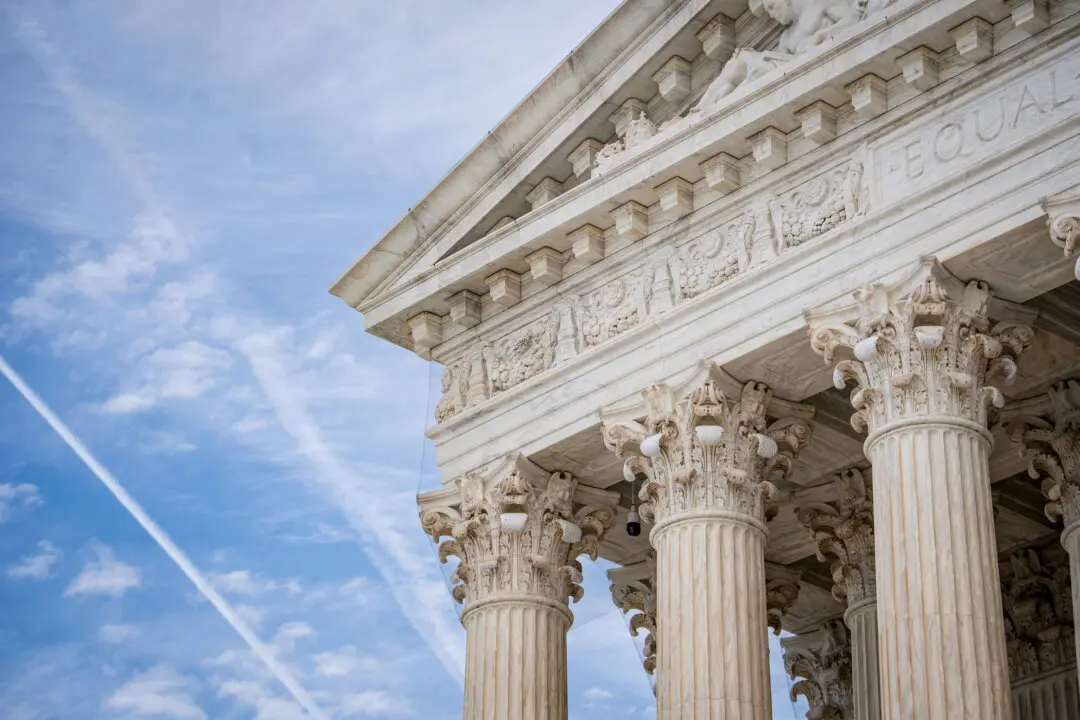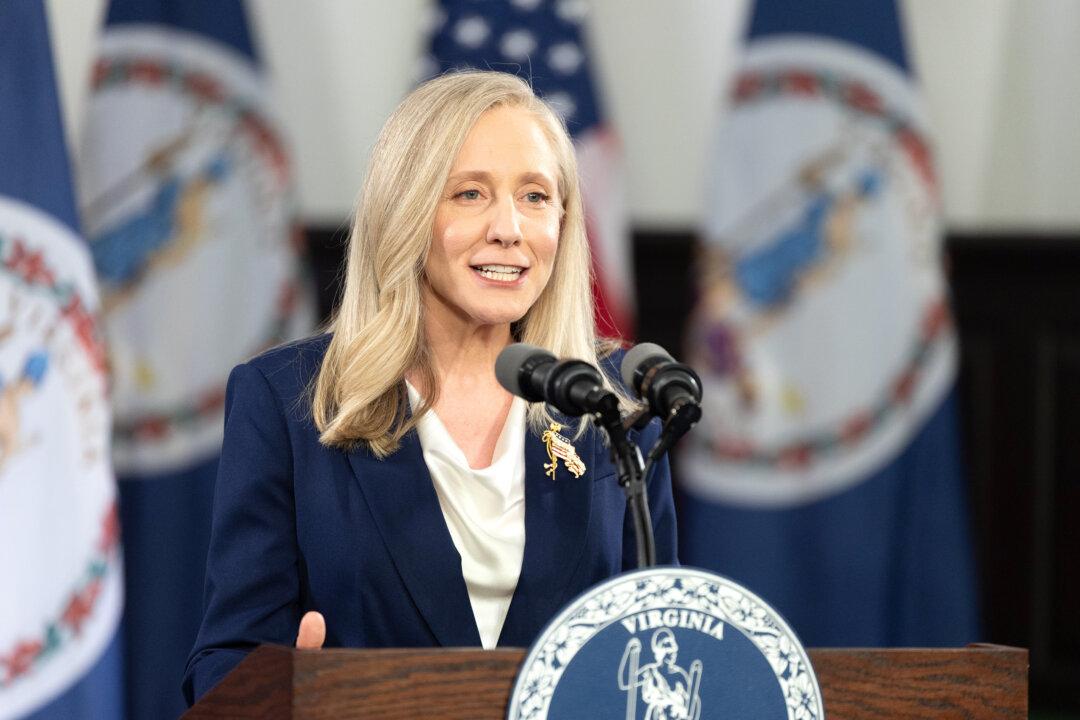Former Vice President Mike Pence may be subpoenaed by the House of Representatives panel investigating the Jan. 6, 2021 breach of the U.S. Capitol, a member of the panel said over the weekend.
“[Mike Pence is] certainly a possibility. We’re not excluding anyone or anything at this point,” Rep. Adam Schiff (D-Calif.), who serves on the Democrat-dominated committee, said on CNN’s “State of the Union” on Sunday.





